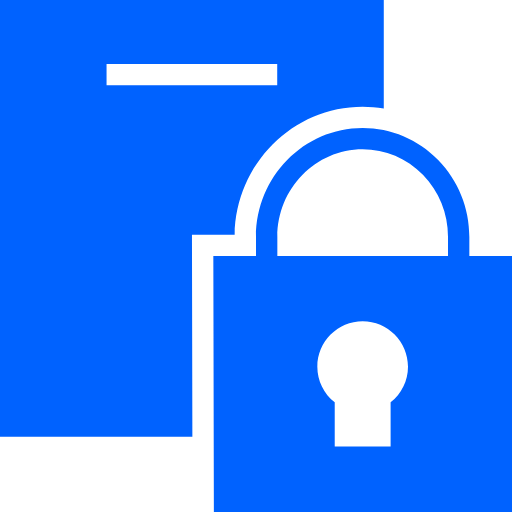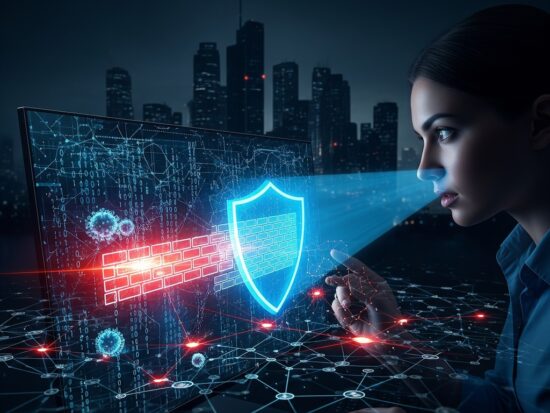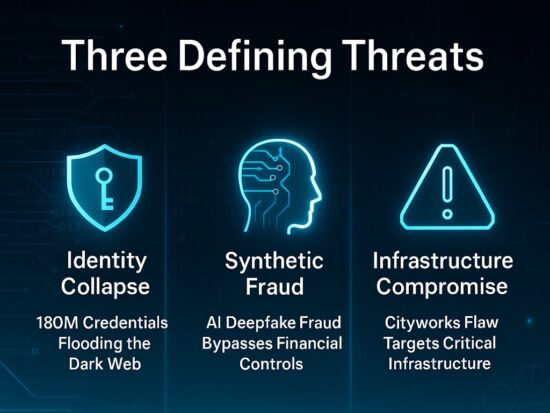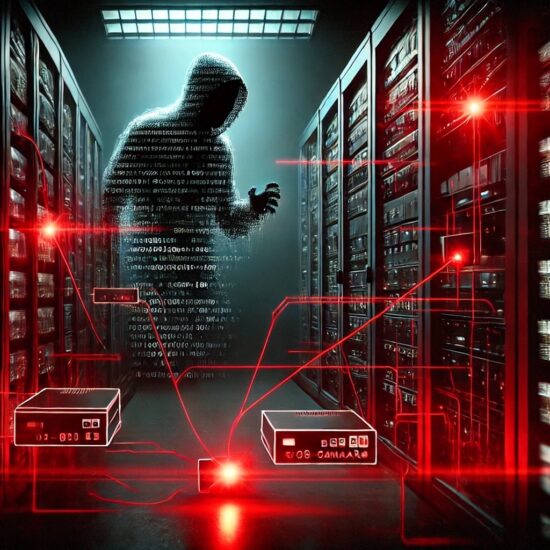Anyone simply jumps into accessing Public Wi-Fi when one is available in public places such as Airports, Cafes, Libraries and Parks. It is obviously a popular way to stay connected on the go. However, as convenient as public Wi-Fi may be, it is important to be aware of the risks associated with using it. Hackers are known to design and exploit public Wi-Fi networks to steal personal information from unsuspecting users.
One of the main ways that hackers exploit public Wi-Fi is through the use of what is known as a “man-in-the-middle” attack. This involves intercepting the data that is being transmitted between the user’s device and the public Wi-Fi network, allowing the hacker to steal personal information such as passwords, credit card numbers, and other sensitive data.
Another common tactic used by hackers is the creation of fake public Wi-Fi networks that mimic legitimate networks. These fake networks are often given names similar to legitimate networks, making it difficult for users to distinguish between them. Once a user connects to a fake network, the hacker can gain access to their device and steal their personal information.
So, what can be done to protect against these types of attacks? First and foremost, it is important to be cautious when using public Wi-Fi. Only connect to networks that are known to be legitimate, and avoid connecting to networks that are unfamiliar or unsecured.
Another important step is to use a virtual private network (VPN) when connecting to public Wi-Fi. A VPN creates a secure and encrypted connection between the user’s device and the internet, making it much more difficult for hackers to intercept data.
In addition to using a VPN, it is also important to ensure that all software and applications on the user’s device are up to date. This includes operating system updates, as well as updates to applications such as web browsers and antivirus software. These updates often include security patches that can help protect against known vulnerabilities.
While public Wi-Fi may be seem undoubtedly convenient to connect and access the Internet, it is important to be aware of the risks associated with using it. Hackers are known to design and exploit public Wi-Fi networks to steal personal information from unsuspecting users. By being cautious, using a VPN, and keeping software up to date, readily available Wi-Fi users can help protect themselves against these types of attacks and keep their personal information safe.





